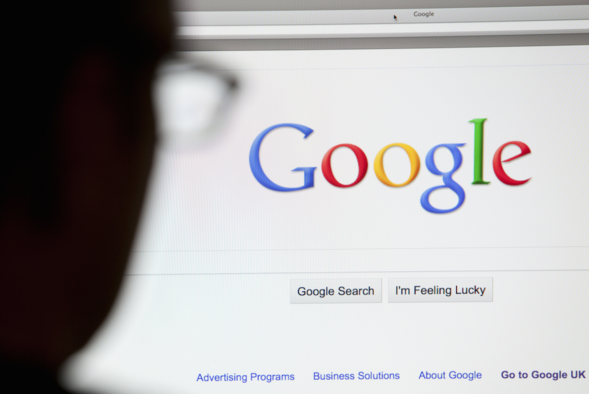
Platforms have tried to justify their role as helpful traffic sources for publishers and taken aim at new European legislation for “charging for links”.
They are not only wrong on the facts, but misrepresent how the market has changed and why intervention is needed.
Take a look at the accounts of a UK newspaper and you will see that with very few exceptions ad sales on digital use are – 25 years after the first online newspapers – a fraction of overall revenue.
Newspapers (who pay people to create content) are competing with Google – now a $100bn a year behemoth – and Facebook – which uses content they have persuaded many people to create.
Yet newspapers are struggling to survive and many are dying. Common sense and new European legislation both recognise that there is a connection between these two facts.
More importantly, the EU has recognised that the health of our democracy requires the powerful to be held to account, and that a free press is fundamental to a free society.
Journalism, warts and all, is how voters learn what is being done in their name. A world without court reporters, or coverage of national and local government business is either looming or, in some parts of the UK, a reality.
The new opportunities and business models opened up by digital publishing are exciting. The rate of innovation is dizzying as publishers and new entrants scramble to create new ways of making the digital world work, which is why online subscription models are coming fast.
No-one doubts that the change is structural, and irreversible. There is no going back to the world where local and national newspapers had an effective stranglehold on enough advertising to pay for the settled order of print works, trainee schemes, fat dividends and staff perks.
But the new EU rules aren’t about turning back the clock 20 years, they are about creating real choice for publishers on whether and how their content can be used and monetised by the larger platforms.
A real choice in which publishers can opt in, or out. Not the current freedom for the platforms (large and small) to presume the right to copy anything they find on the web and use the material acquired by their robots as the basis for their own advertising sales.
Or to use the monopoly powers the larger ones have acquired (using content they borrowed without asking) to bully news organisations to accept this.
So what do the new EU laws allow? The basics are that they give publishers the right to license larger platforms. They encourage collective licensing as the most efficient mechanism (as it has been in other areas).
They explicitly allow publishers to opt in or out of any collective licence. They support appropriate shares for journalists on national lines. Private users and non-commercial uses are explicitly protected, as is hyperlinking and very short extracts.
In short the project fear tactics of Google-funded lobbies about “link taxes” are misplaced at best.
Will it work? France has already implemented the directive, but it will clearly take some time for others to follow and for licensing deals based on this new right to emerge and survive the hostile reaction that we can expect.
In some countries, such as Ireland, Google has flexed its muscles as an employer to get government support. The wave of populists in power are hostile to the free press (for obvious reasons).
We can expect some expensive lawyers to be tooled up and funded by the platforms to fight licensing however they can. We have seen in Germany a ruthless effort by Google to avoid payment when earlier versions of similar legislation were passed.
Elsewhere Google (followed by Facebook) has thrown a few bones to publishers to try and avoid a more fundamental recognition of publisher rights.
Publishers have been given a real opportunity to extract a fairer settlement from the platforms, but whether they can come together and stay together for long enough to take advantage remains to be seen.
The UK is a special case, hovering on the brink of Brexit, but watching EU moves (and a parallel US interest in the same issues). But if UK newspapers don’t act to protect their rights they will regret it. They need to ensure we have news in the future as well as news now.
Andrew Hughes is head of international business strategy at German licensing body VG Media and was formerly at NLA media access.
Picture: Reuters.
Email pged@pressgazette.co.uk to point out mistakes, provide story tips or send in a letter for publication on our "Letters Page" blog
